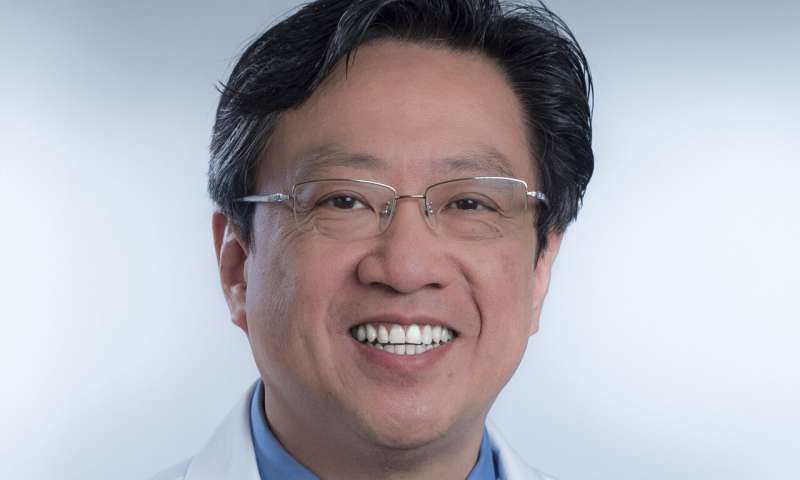
Ewing sarcoma, an aggressive tumor that commonly affects bones in adolescents and young adults, is diagnosed in about 225 American children and teens every year, accounting for about 1 percent of pediatric cancers.
Although Ewing sarcoma has been studied for decades, it has no effective cure and a survival rate of just 20-30% for patients who relapse; furthermore, most treatment require surgical resections or amputation and this impacts quality of life of the patients.
But a research team at Houston Methodist aims to change those odds.
A new possibility for treatment is proposed by Stephen Wong, Ph.D., John S. Dunn Sr. Presidential Distinguished Chair in Biomedical Engineering and professor of computer science and bioengineering in oncology at Houston Methodist.
Source: Read Full Article
